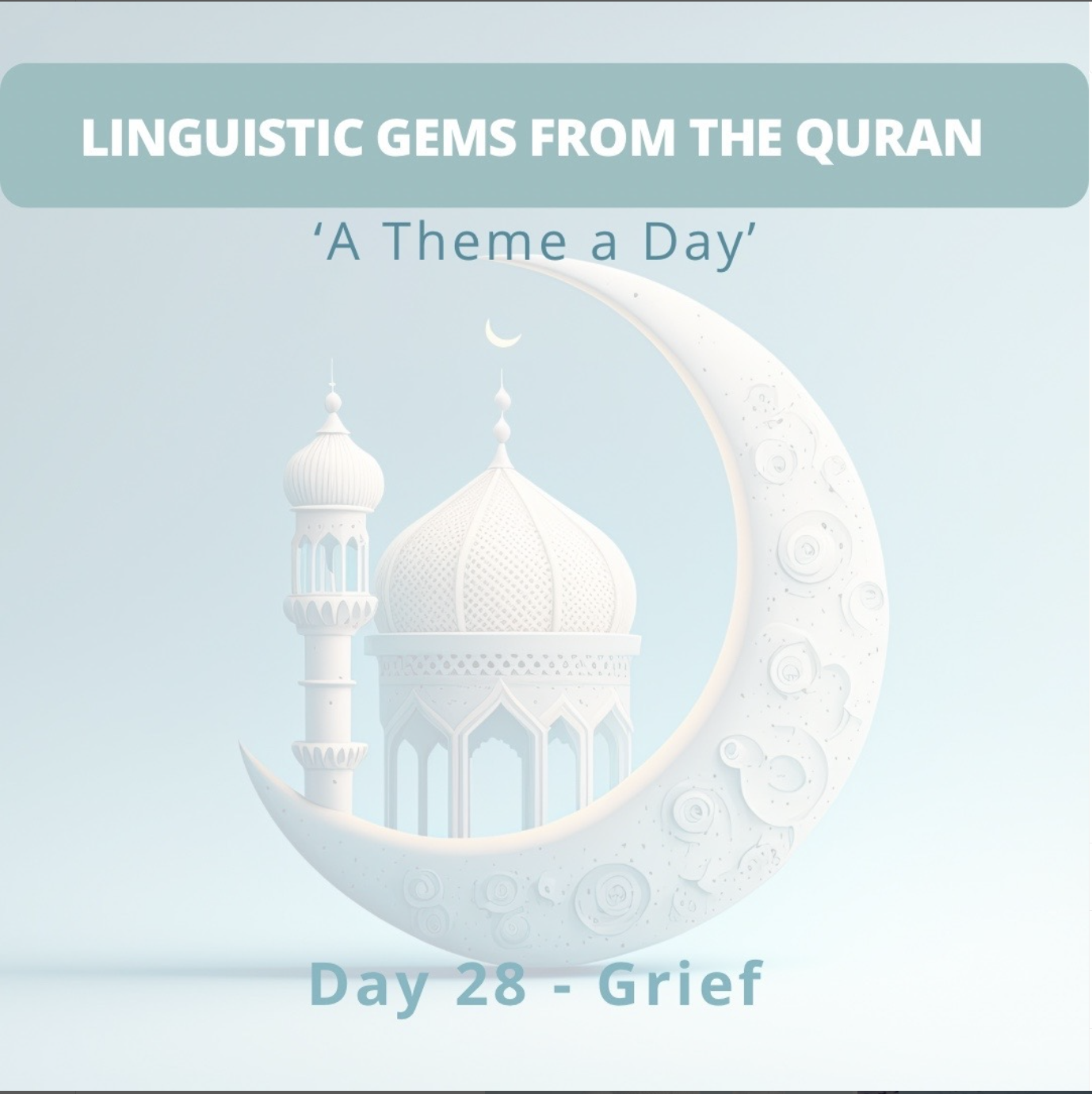 In Surah Yusuf, verse 86, the Qur’an recounts the emotional response of Ya’qub, Yusuf’s father, upon hearing the news that his son was allegedly devoured by a wolf:
In Surah Yusuf, verse 86, the Qur’an recounts the emotional response of Ya’qub, Yusuf’s father, upon hearing the news that his son was allegedly devoured by a wolf:
إِنَّمَآ أَشْكُوا۟ بَثِّى وَحُزْنِىٓ إِلَى ٱللَّهِ
“I only complain of my anguish and my grief to Allah.”
The terms ‘anguish’ and ‘grief’ have been translated in various ways and may appear synonymous. However, Arabic words in the Qur’an often hold deep and nuanced meanings, and بث (bathth) and حزن (huzn) represent distinct aspects of emotional states.
The word بث (bathth) typically signifies spreading, dispersing, or scattering. Within the Qur’an, it conveys spreading grief, worry, or distress, suggesting intense emotional turmoil that cannot be patiently contained and thus is dispersed or shared among others.
On the other hand, حزن (huzn) describes an intense feeling of sadness, sorrow, or grief resulting from an unfortunate event. This emotional state is internal and personal, rather than shared or dispersed among others.
When Ya’qub expresses his ‘anguish and grief’ solely to Allah, the Arabic words reveal that he is turning to Allah in the most comprehensive sense. He is presenting both the usual outward complaints and grievances that one might share with others, as well as the deep internal sorrow that he is experiencing.
This demonstrates his complete reliance on Allah, seeking solace and comfort in the midst of his emotional pain.
Thus the Arabic words بث (bathth) and حزن (huzn) used in Surah Yusuf, verse 86, convey different aspects of Ya’qub’s emotional state in response to the news about his son.
By sharing his بث and حزن with Allah, Ya’qub exemplifies true and total reliance on the Divine, seeking support for both his external and internal struggles.
And Allah knows best.
